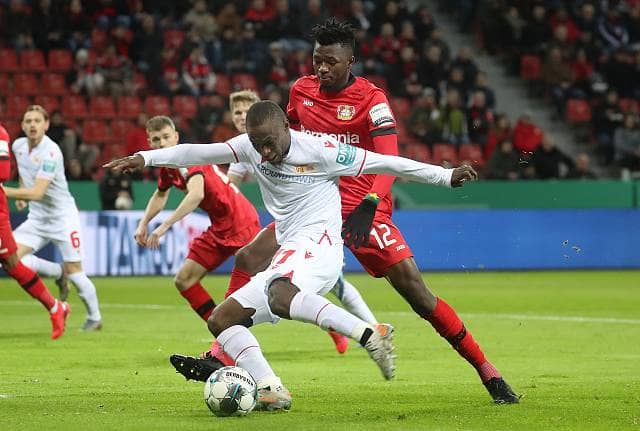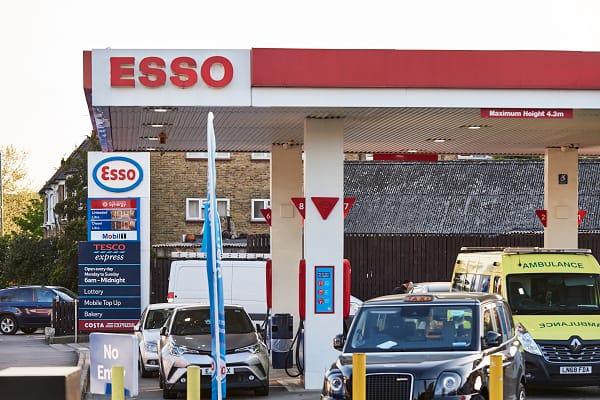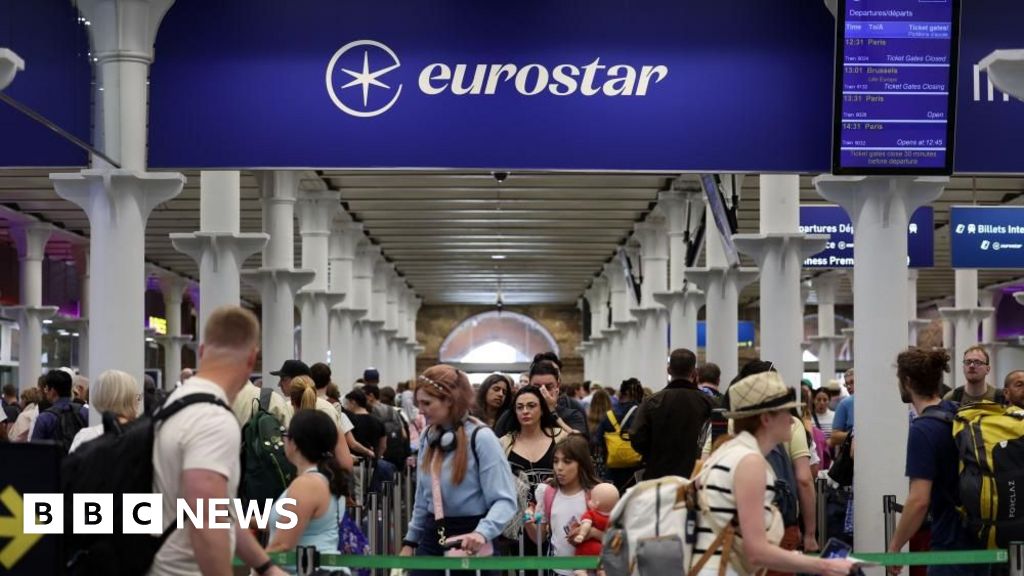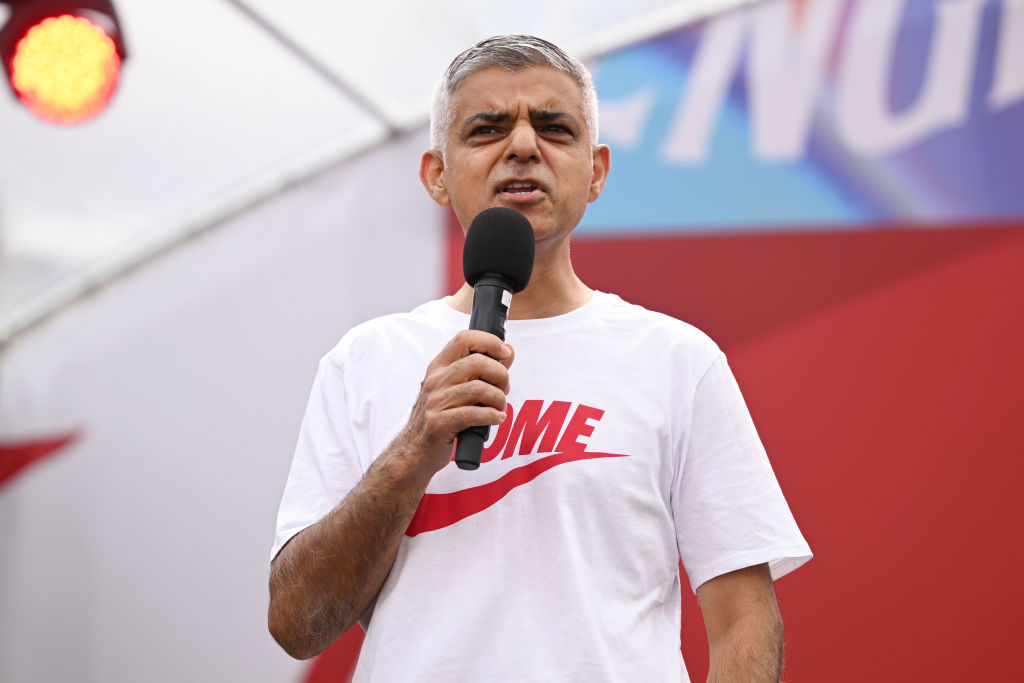Bussiness
How hosting Euro 2024 could impact the German economy – London Business News | Londonlovesbusiness.com

The domestic football campaign may be over, but the biggest soccer event of 2024 is still to come, as fans flock to the best new online betting sites ahead of the latest edition of the European Championships.
As Germany prepares to host Euro 2024, the country dreams of success on the field and a significant economic boost – seeing the event hit the headlines of both the sport and financial news.
The tournament, set to take place from June 14 to July 14, 2024, will bring millions of fans to the hosting venues, including major cities like Berlin, Munich, and Cologne. This influx of visitors presents a unique opportunity for various sectors of the German economy, from tourism and hospitality to retail and brewing industries.
Hospitality industry craced for rush
With 2.7 million tickets available for the event, cities across Germany have every right to expect a surge in visitors – so much so that some predict 2024 could be a record year for tourism in Germany. This increase in tourism will significantly benefit hotels, restaurants, and other service providers. Historical data supports this optimism; during the 2006 World Cup, which Germany also hosted, there was a noticeable boost in tourism and related spending.
Beer boost
Large sporting events typically lead to increased consumption of food and beverages, and Euro 2024 is likely to be no different. The German Brewers Association expects beer sales to rise during the tournament, reflecting a trend observed in past events. For instance, during the 2006 World Cup, beer sales increased by approximately 5%. Given that 2023 was a challenging year for the beer industry, with a 4.5% decline in sales, the expected uptick during Euro 2024 will be especially welcome.
Retail and consumer spending
Major sporting events can also stimulate retail activity, albeit with some caveats. While events like the World Cup, Olympics, or European Championships can lead to increased consumer spending on specific items, such as new televisions or extra beer, this spending often comes at the expense of other expenditures. For example, consumers might opt for more affordable food options instead of dining at restaurants or stay at home and watch the games on TV rather than going to the cinema. Therefore, while retail sectors related to the tournament may see a boost, overall consumer spending might simply shift rather than increase dramatically.
Broader economic impact
Despite the positive effects on specific industries, the overall economic impact of hosting Euro 2024 might be more nuanced. Leading economists suggest that the German economy could stagnate in the second quarter of the year, which coincides with the tournament’s first half. The economic boost from tourism and consumption might not be enough to offset broader economic challenges. Nevertheless, the tournament could enhance Germany’s image and improve consumer sentiment – especially if the national team performs well. This “emotional return” can positively influence the economy by fostering a more optimistic business and consumer environment.
Long-term investments and infrastructure
One of the enduring benefits of hosting a major sporting event is the long-term investment in infrastructure. Preparing for Euro 2024 involves upgrading stadiums, transportation networks, and other facilities. These improvements not only support the tournament but also leave a lasting legacy for local communities. Enhanced infrastructure can attract future events and tourism, providing a sustained economic benefit beyond the duration of the tournament.
Potential challenges
Hosting such a large-scale event is not without its challenges and costs. The financial burden of building and upgrading facilities can be substantial, and there is always the risk of cost overruns. Additionally, if not carefully managed, some of the new infrastructure might become underutilized post-event, leading to wasted resources – admittedly not so much of an issue for a developed footballing nation such as Germany, as much of the required infrastructure was already in place and widely used. There is also the potential for negative publicity if issues arise, such as security concerns or logistical failures, which could offset some of the anticipated economic benefits.
A significant opportunity
Hosting Euro 2024 presents Germany with a significant opportunity to boost various sectors of its economy, particularly tourism, hospitality, and retail. While the short-term economic benefits might be tempered by broader economic conditions and shifts in consumer spending, the long-term investments and improvements in infrastructure can provide enduring advantages. Moreover, the event offers a chance to enhance Germany’s international image and foster a more positive economic outlook. As the tournament approaches, the hope is that the excitement and enthusiasm of millions of fans will translate into tangible economic gains for Europe’s largest economy.
Please play responsibly. For more information and advice visit https://www.begambleaware.org









